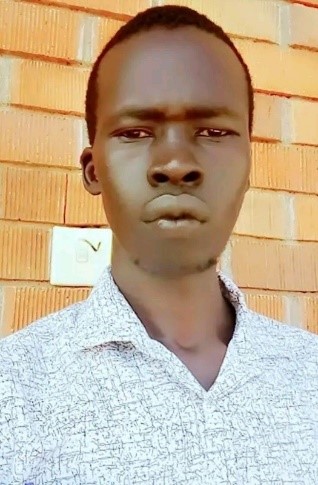By Theem Isaac Machar Akot
“At the end of the day, we shall not remember the words of our enemies, but the silence of our friends.” These are the wise words of Martin Luther King.
By the end of this regime, we shall not remember the marginalization of the totalitarian government of the South Sudanese in the Coat Arabs, but the silence of our parliament.
The South Sudanese Parliament is compared to the fictional Nigerian magical forest named “Iduma Forest” in the story.
It is a forest that houses an evil spirit, which requires an offering of ten virgin girls to fetch a leaf from a magical tree called the “tree of life.” The king of the kingdom orders the release of ten virgins when gods announce impending calamities. The young actresses sent to bring the leaves of the Tree of Life die tragically.
This story exhibits similarities with the characters in the movie and the MPs. The MPs, like the characters in the movie sent to oversee the national affairs and represent our voices, choose silence instead of speaking up for their people.
The national parliament is characterized by silence and numbness, making it a small Iduma Forest in Juba City where talkative and brave voices perish. The people fight hard to ensure representation, but the MPs fail to deliver on their promises. The parliament is more like a school classroom where a teacher assigns a class monitor to control. It is a big building for accommodation; it’s where the appointing authority recommends loyalists for an accommodation in the House of Law. As a result, the whole country becomes loyal to one man. As a result, the question arises: What is the function of the parliament of South Sudan? The expected proactive legislative assembly is not seen. What worsens the matter is that the MPs do not know whom they are representing.
The South Sudanese Parliament, a body entrusted with the responsibility of representing the people and upholding democratic values, has been reduced to a mere spectator in the face of overwhelming presidential loyalty. The MPs, who were once vocal advocates for their constituencies, have now become muted figures, afraid to speak out against the ruling party or its leader.
This culture of silence has permeated the very fabric of the parliament. It has come to our notice that one secures his bread and sticks to its protection. The question is, who will protect the destitute masses?
One thing should be made clear. We need to be shown a country where we belong, or else we need to know how much the nation is being sold. We might pull our little finances together and buy it from the oppressors.
The writer is a third-year student at the University of Juba School of Education.




